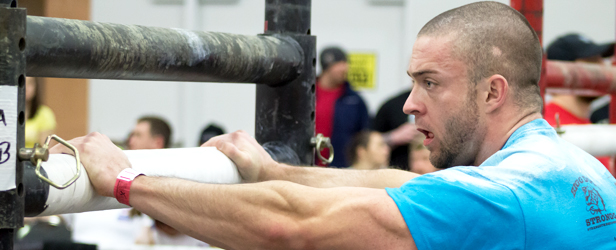
When I was a young child my Grandpa told me the following: “Never argue over politics or religion.”
What did he mean by this? Did he not want me to form strong opinions? Did he want me to discard them altogether? Of course not. My grandpa believes in having your own opinion and standing by it. But by arguing with someone over such topics, neither party ever really achieves anything. We all have our own opinions and we think our way is the only reasonable option. Honestly, there’s nothing wrong with that; that’s how it should be. The problems start when we start try to push our beliefs onto others who already have their own strong opinions.
This is crazy to me. I would almost guarantee you that if you look long and hard enough, you would find that there are many topics that you and all of your friends have differing opinions on — even your best friends. Just because your views differ from someone else’s doesn’t mean you shouldn’t be friends or acquaintances.
So, what does this have to do with training and nutrition methods and philosophies? A lot.
In the past year I’ve seen more arguing, criticizing, bickering, and bashing than ever before. Never have I seen so many coaches and athletes bad mouth the training and nutrition philosophies of other coaches and athletes. Maybe it’s been here all along and the power of social media is just now bringing it into view. I’m not sure which it is, but I have a solution: can’t we all just get along? Let’s set our differences aside and respect one another.
“Never argue over training and nutrition methods and philosophies.”
I’m all for a good discussion of training and nutrition. I’m always learning and honestly, I feel like I can learn something from almost everyone I meet who trains seriously. Instead of arguing with those who have differing training and nutrition views, I’ve found it to be much more beneficial for most parties to do the following:
- Avoid argumentation. When people start to argue, it immediately puts both parties on the defense and makes them unwilling to truly listen. In addition, if you “win” the argument, they probably aren’t going to change their way of thinking. What was the point? To hear yourself speak?
- Respect the other person’s thoughts and opinions. Their own training or nutritional ideas didn’t just pop out of thin air. These were developed through experience, trial, error, and education. Even if you disagree, it’s what has worked for them. There’s simply no arguing the results. See what you can learn from them instead.
- Try to see things from their point of view. Try to imagine their background and why they hold certain beliefs. Putting yourself in a different role can help you stay open-minded about different opinions.
- See what is similar between each idea. A lot of times that’s the most important aspect anyways. It’s not always the minute details that matter most; it’s the overall philosophy.
- Ask questions. Give them a chance to explain the thought process behind their ideology. You may pick up quite a bit of useful information that you can try out and maybe even eventually apply to your own training or nutrition philosophy. You may also realize they truly know nothing or don’t think for themselves. If that’s the case simply cease the conversation and go on your own way.
- Don’t criticize the other person’s ideas, even if you disagree 100%. Any fool can criticize another, and most do. It takes character and self-control to keep your mouth shut and avoid meaningless personal attacks.
- Remember: humans aren’t creatures of logic. In reality, we are creatures of emotion and we are all motivated by pride and vanity.
- At the end of the conversation, leave with a clear vision of the opposing viewpoint – even if you don’t agree with it. You might even gain some insight that helps you develop your views.
So instead of trash-talking someone else’s methods and ending up in a lose/lose situation. One of two alternatives can happen. You can either a) learn something (WIN), or b) you realize you still disagree 100% with another person but manage to take on a new perspective (ANOTHER WIN).
Don’t waste your time worrying about how other people are training or eating. It doesn’t affect you in any way and you achieve nothing by trashing talking a method that you've never tried. Instead of trying to change their point of view, focus on educating yourself and better yourself through a good conversation. By having meaningful, educated conversations you may be surprised at just how much more you can learn.










